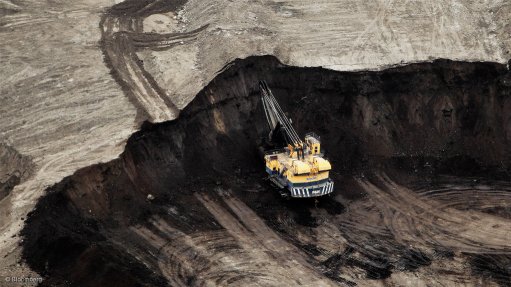
SALVADOR, Brazil (miningweekly.com) – Production from Canada’s Alberta oil patch will start to slow from 2020, as few new projects are sanctioned and export infrastructure bottlenecks prevent new production from reaching export markets.
New analysis by market intelligence firm Wood Mackenzie (WoodMac) expects commercial projects to approach 3.5-million barrels a day of production in 2020. Production growth after 2020 slows as a result of delays in sanctioning new projects and expansions owing to low oil prices.
Canada's oil sands hold a known resource base of 170-billion barrels, but few new projects are expected to come on line owing to the inherent expensive energy-intensive production process used to extract crude from sand.
The WoodMac research highlights high break-even for new projects. New in situ projects and expansion phases break even between $55/bl and $70/bl, while producing steam-assisted gravity drainage projects break even between $30/bl and $45/bl. Existing mining projects all have break evens below $50/bl, the firm advised.
WoodMac does not foresee any new production coming on line except for the C$13.5-billion Fort Hills oil sands project, in Alberta’s Athabasca basin. The project, in which Suncor Energy holds a 50.8% stake, Total 29.2% and Teck 20%, is expected to be complete about halfway through 2017, when a market balancing and a more than 500 000 bbl supply gap is expected to emerge.
Meanwhile WoodMac expects large operators to continue dominating the competitive landscape. Focused operators such as Suncor, Canadian Natural Resources, Cenovus and Imperial Oil derive greater than 70% of their portfolio value from the oil sands. Pure play operators such as MEG Energy are also making an impact in the sector through their focused expertise, according to WoodMac.
However, the research underscores concern about the industry’s market access. Despite rail infrastructure nearly tripling since 2014, WoodMac continues to see rail playing a critical role to get oil sands output to market.
“Our long-term view is that the Energy East and Trans Mountain expansion will ultimately progress and relieve infrastructure bottlenecks. Further delays or cancellations of these projects could severely impact takeaway capacity and increase the Western Canadian Select differential in the future,” the analyst warned.
The current project pipeline remains sparse. WoodMac states that, should the oil price weakness persist, the level of achievable cost control, project management expertise and each company's level of portfolio optionality will dictate the pace of development of new projects and phases.